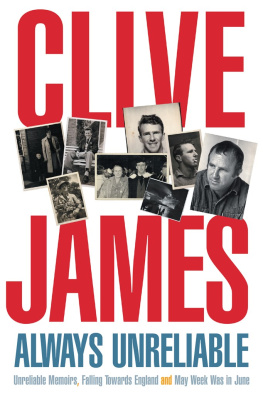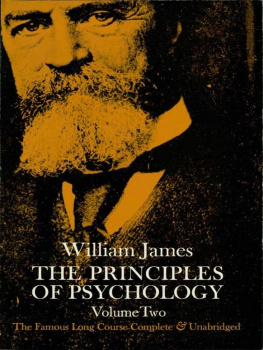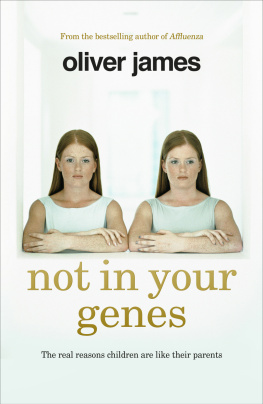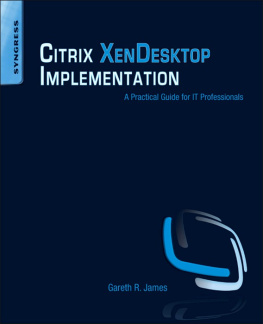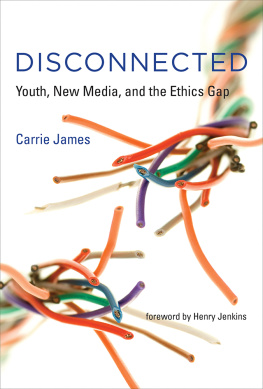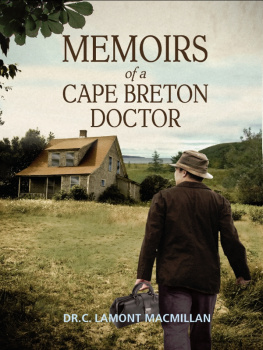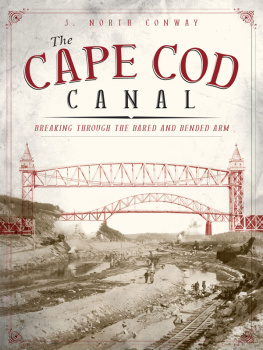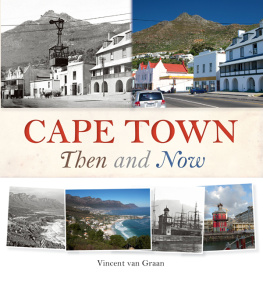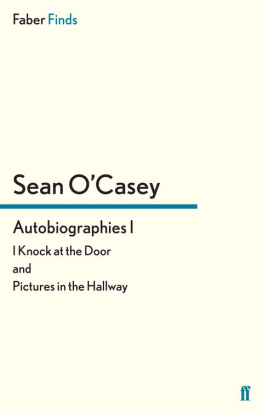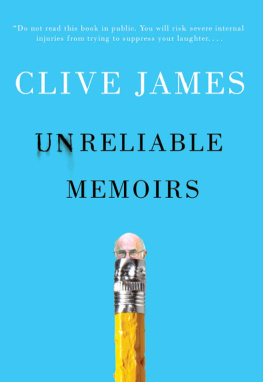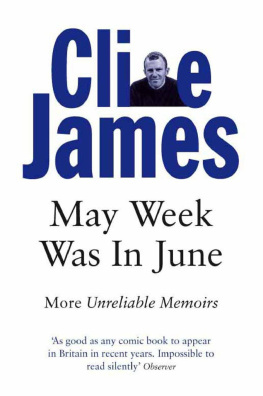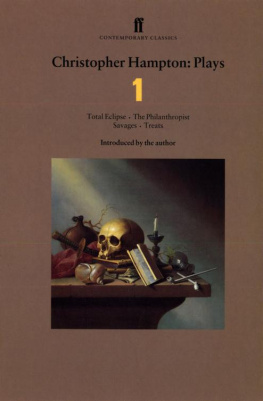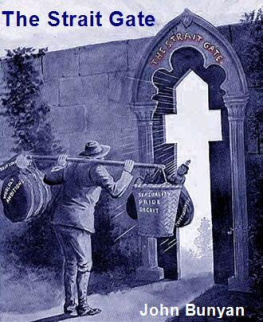James - Always unreliable: the memoirs
Here you can read online James - Always unreliable: the memoirs full text of the book (entire story) in english for free. Download pdf and epub, get meaning, cover and reviews about this ebook. City: Australia, year: 2012, publisher: Pan Macmillan UK;Picador, genre: Detective and thriller. Description of the work, (preface) as well as reviews are available. Best literature library LitArk.com created for fans of good reading and offers a wide selection of genres:
Romance novel
Science fiction
Adventure
Detective
Science
History
Home and family
Prose
Art
Politics
Computer
Non-fiction
Religion
Business
Children
Humor
Choose a favorite category and find really read worthwhile books. Enjoy immersion in the world of imagination, feel the emotions of the characters or learn something new for yourself, make an fascinating discovery.
- Book:Always unreliable: the memoirs
- Author:
- Publisher:Pan Macmillan UK;Picador
- Genre:
- Year:2012
- City:Australia
- Rating:3 / 5
- Favourites:Add to favourites
- Your mark:
- 60
- 1
- 2
- 3
- 4
- 5
Always unreliable: the memoirs: summary, description and annotation
We offer to read an annotation, description, summary or preface (depends on what the author of the book "Always unreliable: the memoirs" wrote himself). If you haven't found the necessary information about the book — write in the comments, we will try to find it.
James: author's other books
Who wrote Always unreliable: the memoirs? Find out the surname, the name of the author of the book and a list of all author's works by series.
Always unreliable: the memoirs — read online for free the complete book (whole text) full work
Below is the text of the book, divided by pages. System saving the place of the last page read, allows you to conveniently read the book "Always unreliable: the memoirs" online for free, without having to search again every time where you left off. Put a bookmark, and you can go to the page where you finished reading at any time.
Font size:
Interval:
Bookmark:

To
Rhoisin and Bruce Beresford
and the getting of wisdom
To
Chester and John Cummings
in memoriam
Mark Boxer and Tom Weiskel
and to
Gabriella Rosselli del Turco
where she lies sleeping
Andromache led the lamentation of the women, while she held in her hands the head of Hector, her great warrior:
Husband, you are gone so young from life, and leave me in your home a widow. Our child is still but a little fellow, child of ill-fated parents, you and me. How can he grow up to manhood? Before that, this city shall be overthrown. For you are gone, you who kept watch over it, and kept safe its wives and their little ones...
And you have left woe unutterable and mourning to your parents, Hector; but in my heart above all others bitter anguish shall abide. Your hands were not stretched out to me as you lay dying. You spoke to me no living word that I might have pondered as my tears fell night and day.
Iliad, xxiv, translated by S. E. Winbolt,
from The Iliad Pocket Book, Constable 1911
I had already noticed with various people that the affectation of praiseworthy sentiments is not the only way of covering up reprehensible ones, but that a more up-to-date method is to put these latter on exhibition, so that one has the air of at least being forthright.
Proust, Le Temps retrouve
All censure of a mans self is oblique praise. It is in order to show how much he can spare.
Johnson
I realise very well that the reader has no great need to know all this; but I need to tell him.
Rousseau, Les Confessions
I wear a suit of armour made of nothing but my mistakes.
Pierre Reverdy, quoted by Ernst Jnger in Das zweite Pariser Tagebuch, 21 February 1943
Ive never made any secret of the fact that Im basically on my way to Australia.
Support Your Local Sheriff
After Unreliable Memoirs was irretrievably launched on its first printing back there in 1979, I started remembering things that I had forgotten to put into it. Since the texture of the book depended on the vividness of recalled experience from my infancy and adolescence, it was unsettling to discover that some of the most resonant sensory impressions of my early years had slipped my mind at the very moment when I was searching its subconscious with an echo-sounder. I had forgotten Freddo the Frog, and I had forgotten the Eightsome Reel. How could it happen?
A staple item in the sugar-heavy supplementary nutrition of all Australian children growing up post-war, Freddo the Frog was a chocolate frog. He was flattened as if by a truck and the outlines of his plump limbs were merely incised, as with an obsidian scarab or a soapstone cicada. Bought in a cool shop, he could be unwrapped easily from his silver paper and consumed in a few crisp bites. Bought warm, he separated from his wrappings less easily and it took time to ingest him, leaving extensive stains to be cleared up afterwards with a handkerchief that had already had a hard day.
Freddo is still going: an Australian talisman, or talisfrog, he is often part of a larger symbolic construction, the Frog in a Pond. A treat delivered at any party from a childs birthday celebration to a bonding exercise at boardroom level, the Frog in a Pond is a squadron of Freddos gathered nose-first around an expanse of green jelly on a large serving plate. The last Frog in a Pond I saw was at a welcoming party that the Australian Broadcasting Commission in Sydney threw for me and my executive producer when we came out from England to make a talk-show series. Grown men and women manoeuvred to extract their Freddo from the edge of the agitated pond. On one of my diets at the time, I settled for a few spoonfuls of quivering green, but the mere spectacle was enough to haul me back to the first proper birthday party I was ever invited to, and all its attendant emotions of love, hatred, anxiety and remorse. When reproved for detaching more than my share of frogs from the pond, I should never have thrown that tantrum. There was no necessity, and little Janice Breen was not impressed. Just following her around as usual would have been better.
Where there is a memory, there is always an emotion, and often a retrospective desire for early death. The Eightsome Reel was danced at the Kogarah Presbyterian Church Social on Saturday nights. In the book I recorded the fearful sweat of those occasions for a young man already convinced that if he could not be amusing nobody would put up with him, yet also aware that nobody puts up for long with the continually amusing. Already on the rack, I was broken on the wheel by the formation dances. The one called Strip the Willow was bad enough, but at least there was some chance of being left out. The Eightsome Reel was for everybody. We were all compelled to participate, but I couldnt get it right. The boy with the built-up shoe did it better than I did. The Eightsome Reel, of course, had come from Scotland, the same source that had provided our churchs austere decoration (mainly white plaster, punctuated with dark-wood honour rolls perpetuating the names of past Eightsome Reel champions in gold letters) and the oratorical style of the minister, who could lay down a moral precept like a council road-works team pouring a concrete footpath, but without the frivolity. The Eightsome Reel was down there in my brains frog-pond like a bunyip, a nodal point of life-forming early inadequacies. In the Eightsome Reel I had sent my beloved Shirley Hill hurtling out of the circle to bark her exquisite shin on the seat of one of the pews ranged against the wall, and I had inadvertently seized the left breast of the ministers buxom daughter, Flora. That was something I would have quite liked to do advertently, in the dark passage between the church and the church hall, but in front of everybody else it was a catastrophe. Decades later, while studying the tango in Buenos Aires, I remembered the Eightsome Reel when I climaxed an otherwise immaculate media luna by kicking the great dancer Aurora Firpo excruciatingly in the ankle. I sobbed louder than she did. The Eightsome Reel was a trauma. Was that the reason why the bunyip had not risen from the pond at the right moment to get into my book?
Similarly, the second volume of my memoirs, Falling Towards England, was well embarked on its career before I remembered an afternoon in Soho with the writer Colin MacInnes and the character I called Huggins. As readers of the book will readily detect now that he is world famous, Huggins was based on Robert Hughes. In Sydney, though we had been close friends, our lives had been very different, because he came from a grand family where the arts were part of the furniture, whereas I was unsystematically discovering the whole thing, and feeling awkward about doing so. Bobs glamour, cultivation and protean fluency had thrown this awkwardness into sharp contrast in my own mind. I doubt if they did the same in his, because his soul was generous, and in the position of mentor he played Maecenas, not Pygmalion; but I had seen myself as a subaltern, and characteristically looked forward to a change of circumstances that might lead to equal rank.
In London, however, our lives proved more different than ever. I had been there longer than he, but I was getting nowhere. When Hughes blew in, he was already halfway to everywhere. While I was inhaling the rising damp of a stygian basement in Tufnell Park, he was installed in a suite of rooms in Albany, just off Piccadilly. Albany, or The Albany as it was sometimes less confusingly called, was an enclave for illustrious gentlemen: men with more than one pair of shoes. I had never even seen it before Bob asked me to call, and I passed Graham Greene on the way in. Bob had probably met him. Bob seemed to know everybody. Colin MacInnes was his catch, not mine.
Next pageFont size:
Interval:
Bookmark:
Similar books «Always unreliable: the memoirs»
Look at similar books to Always unreliable: the memoirs. We have selected literature similar in name and meaning in the hope of providing readers with more options to find new, interesting, not yet read works.
Discussion, reviews of the book Always unreliable: the memoirs and just readers' own opinions. Leave your comments, write what you think about the work, its meaning or the main characters. Specify what exactly you liked and what you didn't like, and why you think so.

